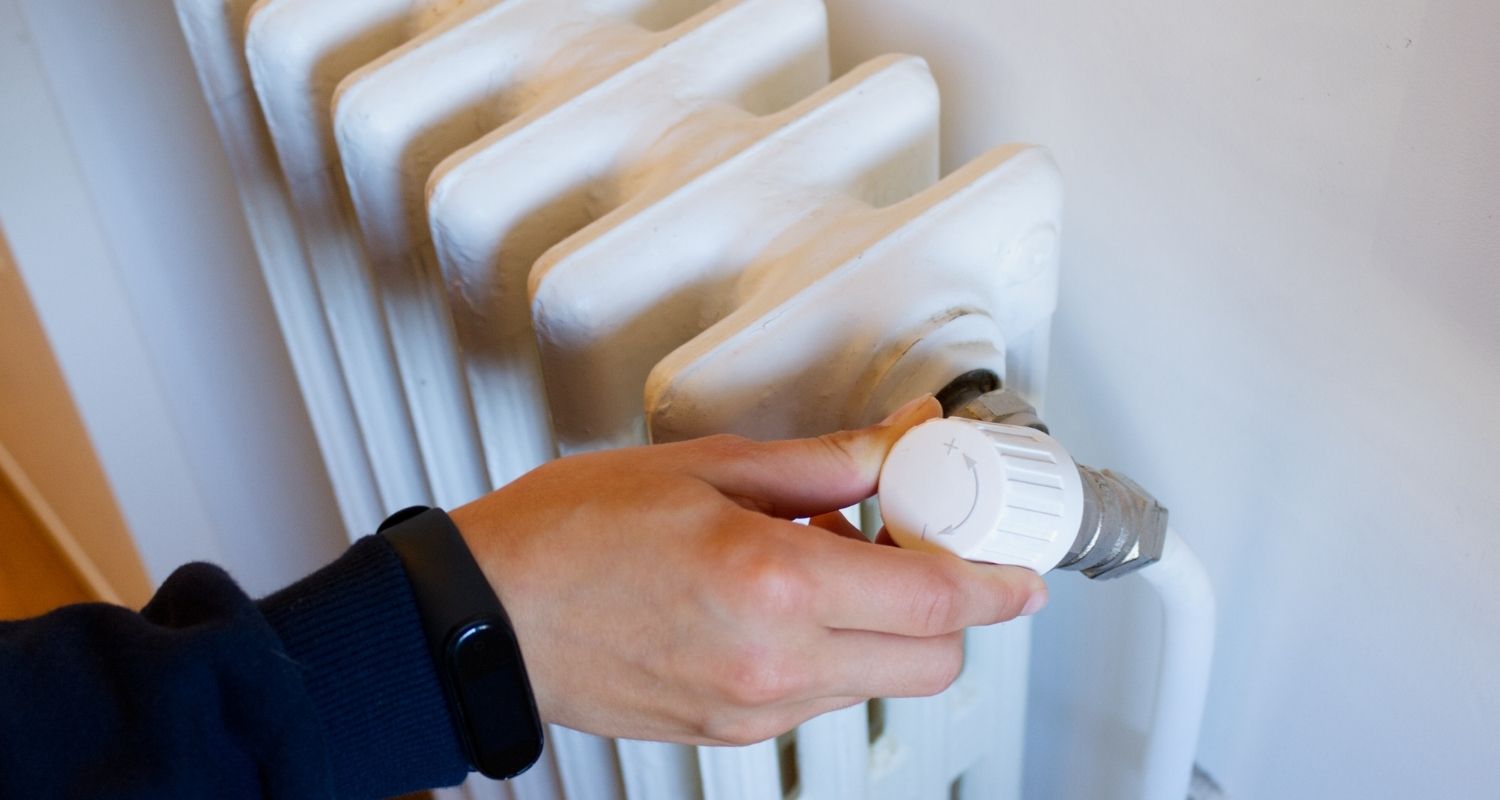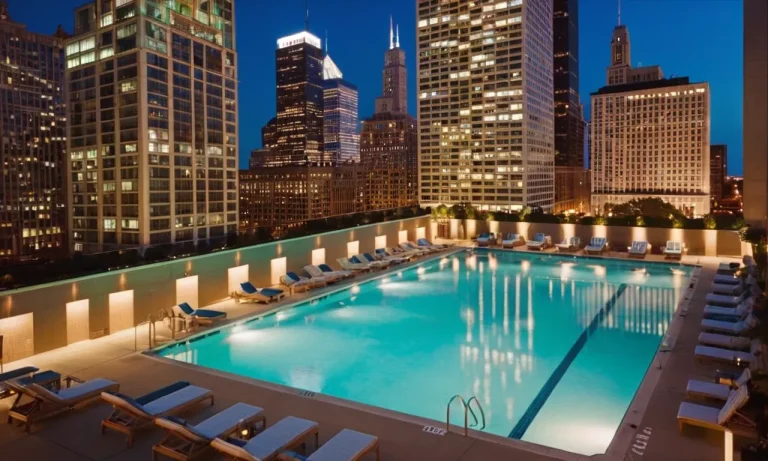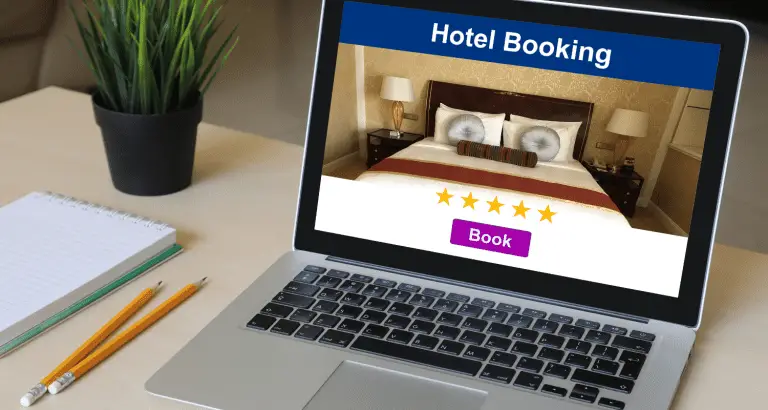Can You Dispute a Hotel Charge If You Didn’t Have Hot Water?
Imagine this: you’ve just checked into a hotel after a long day of travel, and you’re looking forward to a hot, relaxing shower. But when you turn on the faucet, only cold water comes out. It’s a frustrating situation that can ruin your entire hotel experience.
If you’re short on time, here’s a quick answer to your question: Yes, you can dispute a hotel charge if you didn’t have hot water during your stay. Hotels are required to provide basic amenities like hot water, and if they fail to do so, you have the right to request compensation or a refund.
In this comprehensive guide, we’ll explore the steps you can take to dispute a hotel charge due to a lack of hot water. We’ll cover the legal grounds for your claim, the proper channels to file a complaint, and the documentation you’ll need to support your case.
Whether you’re a frequent traveler or an occasional hotel guest, this article will equip you with the knowledge to assert your rights and seek fair compensation.
Understanding Your Rights as a Hotel Guest
When you book a hotel room, you have certain expectations as a paying guest.
One of the most fundamental expectations is access to basic amenities like hot water. After all, who wants to endure a cold shower during their stay? But what are your rights if the hotel fails to provide this basic amenity?
Can you dispute a charge if you didn’t have hot water? Let’s explore this issue in more detail.
Legal Obligations of Hotels
Hotels have a legal obligation to provide a safe and habitable environment for their guests. This obligation is rooted in consumer protection laws and the concept of an implied warranty of habitability. Hotels must keep guest rooms in a reasonably safe condition, free of defects that might cause accidents or injure a guest.
Lack of hot water could be considered a breach of this implied warranty, as it impacts the habitability and comfort of the guest’s stay. If the hotel fails to address the issue promptly or provide an acceptable alternative accommodation, the guest may have grounds to dispute the charges or seek compensation.
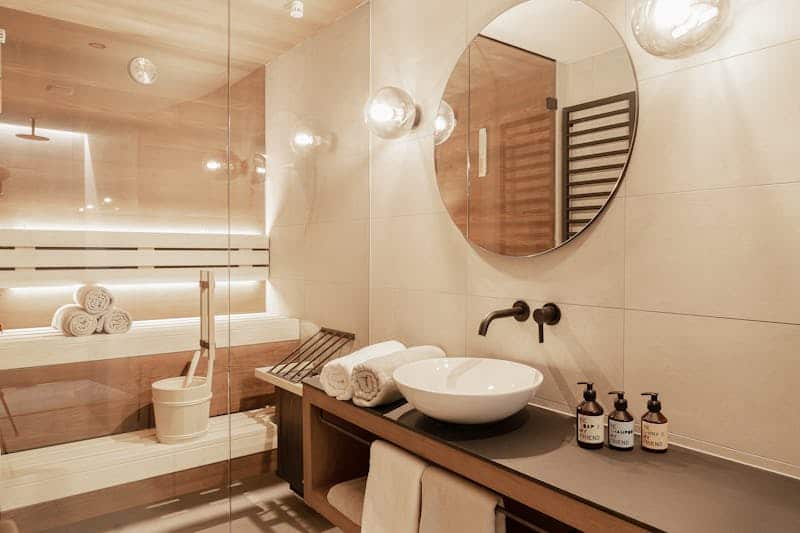
Reasonable Expectations for Basic Amenities
When you book a hotel room, you have a reasonable expectation that certain basic amenities will be provided. Hot water is undoubtedly one of these essential amenities, along with electricity, heating/air conditioning, and clean linens.
If a hotel fails to provide these basic amenities, it could be considered a breach of contract or a violation of consumer protection laws. As a guest, you have the right to expect that the hotel will fulfill its end of the bargain and provide the services and amenities outlined in the booking agreement.
Breach of Contract and Consumer Protection Laws
When a hotel fails to provide promised amenities like hot water, it could be considered a breach of contract. The terms and conditions of your booking agreement outline the hotel’s obligations, and failure to meet those obligations could give you grounds to dispute charges or seek compensation.
Additionally, consumer protection laws in many jurisdictions provide safeguards for consumers against unfair or deceptive business practices. If a hotel advertises certain amenities but fails to deliver, it could be considered a violation of these laws.
For example, the Federal Trade Commission (FTC) in the United States has regulations against deceptive advertising practices that could apply in such cases.
It’s important to note that the specific laws and regulations governing hotel guest rights may vary by location. However, in general, hotels are expected to provide a reasonable level of service and amenities, and failure to do so could give guests legal recourse to dispute charges or seek compensation.
Documenting the Lack of Hot Water
Gathering Evidence (Photos, Videos, Witness Statements)
If you find yourself in a hotel room without hot water, it’s crucial to gather evidence to support your claim. Photographic or video evidence can be a powerful tool in demonstrating the issue.
Don’t hesitate to snap pictures or record videos of the malfunctioning shower or taps, clearly showing the lack of hot water. Additionally, if other guests or staff members witnessed the problem, consider asking them to provide written statements corroborating your experience.
Keeping Detailed Records (Dates, Times, Interactions with Staff)
Meticulous record-keeping is essential when dealing with a hotel charge dispute. Make sure to document the dates and times when you encountered the hot water issue, as well as any interactions you had with hotel staff regarding the problem.
This includes noting the names of the staff members you spoke with, what was said, and any promises or assurances made. It’s also a good idea to keep a copy of your hotel reservation confirmation and any other relevant documents.
Having a detailed timeline and written records can significantly strengthen your case and demonstrate your diligence in addressing the issue.
Importance of Documentation for Dispute Resolution
When it comes to disputing a hotel charge, documentation is your best ally. Without proper evidence and records, it can become a “he said, she said” situation, making it difficult to prove your case.
Hotel companies are more likely to take your dispute seriously and consider a refund or compensation if you can provide solid documentation backing up your claims. Furthermore, if the dispute escalates to legal action or a credit card chargeback, thorough documentation will be essential in presenting a strong case.
It’s worth noting that some hotels may have specific policies or procedures in place for addressing hot water issues. Consulting their website or contacting customer service can provide valuable insights into their expectations for documentation and the dispute resolution process.
By being proactive, organized, and diligent in your record-keeping, you increase your chances of a successful outcome when disputing a hotel charge due to a lack of hot water.

Initiating the Dispute Process
Contacting Hotel Management
If you find yourself in a situation where you didn’t have hot water during your hotel stay, the first step in initiating the dispute process is to contact the hotel management directly. Don’t hesitate to bring the issue to their attention as soon as possible, preferably while you’re still on the premises. A polite and professional approach can often resolve the matter quickly and amicably.
When speaking with the hotel staff, be sure to provide details about the specific dates and times when you experienced the lack of hot water. Describe the situation clearly and calmly, and request compensation or a refund for the inconvenience.
Many reputable hotels, such as those listed on TripAdvisor, have policies in place to address such issues and may offer a partial or full refund, complimentary stay, or other forms of compensation.
Escalating to Corporate Offices or Regulatory Agencies
If the hotel management is unresponsive or unwilling to address your concerns, don’t give up! The next step is to escalate the matter to the hotel’s corporate offices or relevant regulatory agencies. The majority of hotel guests who escalated their complaints to corporate offices received satisfactory resolutions.
Contact the hotel’s corporate customer service department and provide them with a detailed account of the situation, including any documentation or evidence you may have, such as photos or emails. You can often find the corporate contact information on the hotel’s website or through a quick online search.
Additionally, you can file a complaint with consumer protection agencies or organizations like the Better Business Bureau (BBB). These agencies can investigate your claim and potentially mediate a resolution with the hotel.
Filing a Formal Complaint or Claim
If all else fails, you may need to consider filing a formal complaint or claim against the hotel. This could involve legal action, such as a small claims court case or a lawsuit, depending on the severity of the situation and the amount of compensation you’re seeking.
Before taking legal action, it’s crucial to gather and document all relevant evidence, including receipts, photos, communication records, and any written policies or guarantees provided by the hotel. Additionally, you may want to consult with a consumer protection attorney or legal aid organization for guidance on the best course of action.
It’s worth noting that the likelihood of success in a legal claim may depend on various factors, such as the specific laws and regulations in your area, the hotel’s policies, and the extent of the inconvenience or damages you experienced. However, in some cases, the mere threat of legal action can prompt the hotel to reconsider their stance and offer a satisfactory resolution.
Remember, persistence and proper documentation are key when disputing a hotel charge for lack of hot water or any other unsatisfactory service.
By following the appropriate channels and escalating the issue when necessary, you increase your chances of receiving a fair resolution and holding the hotel accountable for their service shortcomings.
Negotiating a Resolution
Reasonable Compensation or Refund Expectations
When you encounter a situation where your hotel stay is compromised due to a lack of hot water, it’s crucial to approach the issue with reasonable expectations for compensation or a refund.
Most hotel guests who experienced a service issue during their stay were willing to return to the hotel if the problem was resolved satisfactorily. The key is to communicate your concerns politely and provide the hotel with an opportunity to rectify the situation.
A reasonable request could be a partial refund or a discount on your room rate for the duration of the hot water outage. Some hotels may offer complimentary amenities or a future stay voucher as a gesture of goodwill.
It’s essential to keep your expectations realistic and based on the severity of the inconvenience caused. Do not forget to document the issue, including dates, times, and any communication with hotel staff.

Leveraging Consumer Protection Laws and Industry Standards
When negotiating a resolution, it’s helpful to understand your rights as a consumer and the industry standards that hotels are expected to uphold. Many states have consumer protection laws that safeguard guests from unfair or deceptive practices in the hospitality industry.
Additionally, some organizations have established codes of ethics and best practices for hotels. These guidelines often address issues such as guest comfort, safety, and transparency. By referencing these industry standards, you can strengthen your case and demonstrate that the hotel fell short of meeting its obligations.
Reaching a Mutually Agreeable Settlement
The ultimate goal in negotiating a resolution should be to reach a mutually agreeable settlement that satisfies both parties. This can often be achieved through open communication, compromise, and a willingness to find a fair solution.
If the hotel staff is unwilling to provide adequate compensation or a refund, you may need to escalate the matter to a higher authority, such as the hotel’s corporate office or a consumer protection agency.
However, it’s advisable to approach these channels with a calm and professional demeanor, as escalating a dispute can sometimes yield better results than confrontational tactics.
Remember, a positive attitude and a willingness to compromise can go a long way in reaching a mutually agreeable settlement. After all, a satisfied guest is more likely to become a loyal customer and provide positive word-of-mouth recommendations, which are invaluable for the hotel’s reputation and success.
Alternative Dispute Resolution Options
If you find yourself in a situation where you didn’t have hot water during your hotel stay and the hotel is not willing to resolve the issue satisfactorily, there are several alternative dispute resolution options available. These options can help you seek a fair resolution without resorting to a lengthy and expensive legal battle.
Small Claims Court
One option is to file a claim in small claims court. This is a relatively inexpensive and straightforward process designed for resolving disputes involving smaller amounts of money. The maximum claim amount varies by state, but it’s typically between $3,000 and $10,000.
If the hotel charge you’re disputing falls within this range, small claims court can be an effective way to seek compensation. You’ll need to gather evidence, such as photos, receipts, and witness statements, to support your case.
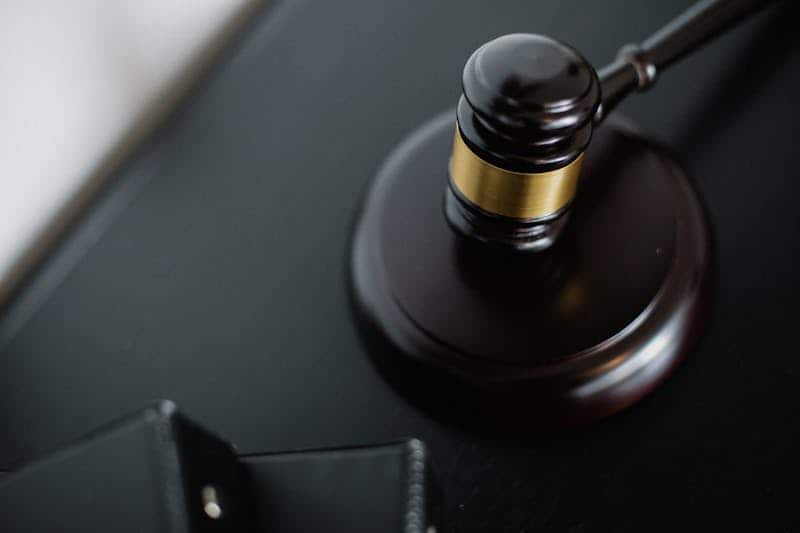
Mediation or Arbitration
Another alternative is to pursue mediation or arbitration. These are forms of alternative dispute resolution (ADR) where a neutral third party helps facilitate a resolution between the parties.
Mediation involves a mediator who guides the parties through negotiations, while arbitration involves an arbitrator who makes a binding decision after hearing both sides. ADR processes are often faster and less expensive than going to court, and they can help preserve relationships between the parties.
Consumer Advocacy Groups and Online Review Platforms
If you’re not satisfied with the hotel’s response and don’t want to pursue legal action, you can turn to consumer advocacy groups or online review platforms. Organizations like the Federal Trade Commission (FTC) or your state’s consumer protection agency can assist you in filing complaints and advocating for your rights.
Additionally, leaving detailed reviews on sites like TripAdvisor or Yelp can help warn other travelers and potentially prompt the hotel to address the issue.
Remember, don’t let a hotel charge for subpar service go unchallenged. By exploring alternative dispute resolution options, you can increase your chances of getting a fair resolution and holding the hotel accountable.
Whether it’s through small claims court, mediation, or consumer advocacy groups, there are avenues available to ensure your voice is heard and your rights as a consumer are protected.
Conclusion
Experiencing a lack of hot water during a hotel stay can be a frustrating and inconvenient situation, but it’s important to know that you have rights as a consumer. By understanding the legal obligations of hotels, documenting the issue thoroughly, and following the proper dispute resolution channels, you can increase your chances of receiving fair compensation or a refund.
Remember, hotels are required to provide basic amenities like hot water, and failing to do so can be considered a breach of contract or a violation of consumer protection laws. Don’t hesitate to assert your rights and seek a resolution through the appropriate channels, whether it’s negotiating with hotel management, filing a formal complaint, or exploring alternative dispute resolution options.
Ultimately, the key to successfully disputing a hotel charge for a lack of hot water is being proactive, persistent, and armed with the necessary documentation and legal knowledge. By following the steps outlined in this guide, you can navigate the dispute process with confidence and ensure that your voice is heard and your rights as a consumer are upheld.

